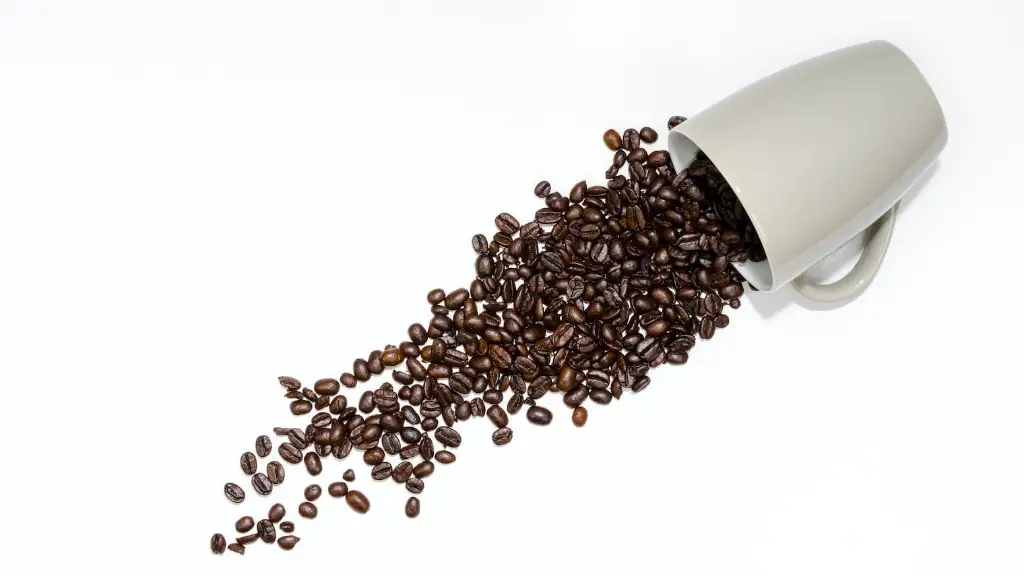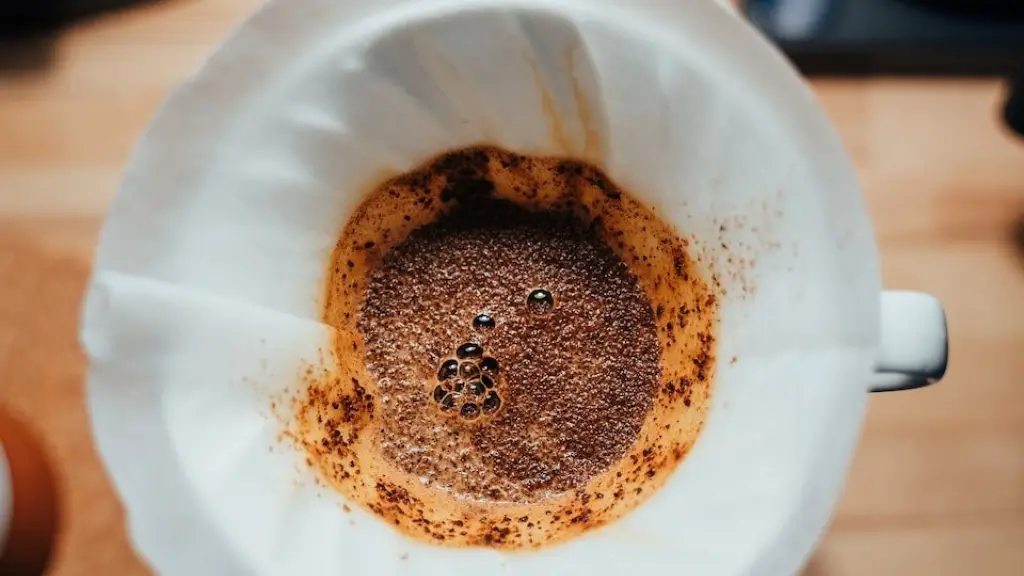Coffee is a widely consumed beverage, holding special appeal for many expecting mothers. But how much is too much, and is it safe to drink while breastfeeding?
Experts weigh in with differing opinions on the topic. The American Academy of Pediatrics (AAP) states that drinking coffee while breastfeeding is generally okay, so long as intake is limited to less than 300 mg of caffeine per day. The authors suggest that if an expecting parent drinks more than three cups of coffee a day they should monitor their baby’s behavior and sleeping habits. Other experts agree that caffeine intakes of up to 300 mg per day are safe, noting that the body metabolizes caffeine quickly and that its effects on the infant are minimal.
Statistics suggest that many expecting parents exceed the recommended daily caffeine intake. A 2013 study showed that 93.6% of Canadian expecting mothers have some kind of caffeine intake, with 79.7% of that intake coming from coffee specifically. Additionally, the average daily caffeine intake for Canadian expecting mothers was 336 mg per day, which exceeds the AAP’s recommendation. These statistics point to a need for education on the topic.
It’s important to examine how caffeine might affect newborns. Studies suggest that caffeine in the milk doesn’t reach the same levels as that taken in through drinks, offering reason to believe that 300 mg of caffeine a day is a fairly safe amount. In the presence of higher levels, however, side effects such as irritability and restlessness might be seen. It has been suggested that caffeine passes quickly through breast milk and is eliminated within 36-48 hours of ingestion, meaning that excessive caffeine intake may not be lethal, but it can be taxing to both mother and infant in terms of energy and mood.
Experts point out that moderate caffeine intake isn’t necessarily a problem, but it should be considered in the context of a healthy lifestyle. If an expecting parent is well-rested and drinks moderately, particularly avoiding large doses of caffeine clustered together, there is less of an overall effect on the body. Accompanying the caffeine with a good quality meal that contains fat and protein can also help reduce the impact on the breast milk and the baby.
Nutritional Balance
It is also important to consider nutritional balance when drinking coffee while breastfeeding. Too much caffeine can be problematic as it can replace essential nutrients in the expecting parent’s daily diet. Consuming a balanced diet with plenty of fruits, vegetables and protein while limiting the intake of fast food, alcohol and recreational drugs can be of benefit both to the expecting parent’s physical health and that of their baby.
It is wise to keep in mind that different bodies react differently to caffeine, and that a degree of personalization is beneficial. Some expecting parents may find they can tolerate up to three cups of coffee a day, while others may experience adverse reactions such as restlessness and heart palpitations with even small amounts of caffeine. A little experimentation may be required to establish what’s safe for the individual and their baby.
Self-Care
It’s important for expecting mothers to look after themselves, and moderate caffeine intake is a part of that. There are other lifestyle choices that can have a positive effect on overall health, such as getting enough rest, engaging in low-impact exercise, and engaging in activities such as yoga or meditation to promote relaxation and mindfulness. Additionally, supplementing the diet with vitamins and minerals can help support the expecting parent’s health.
Finally, it’s important to ensure emotional needs are being met. Seeking out the support of a family member or friend, or connecting with an online support group, can help reduce stress and anxiety levels and offer a sense of connection. Self-care can make a huge difference in terms of wellbeing and parenting preparation.
Medical Advice
For the expecting parent navigating the many questions around caffeine intake, it is always wise to speak to a trusted medical practitioner for specific advice. A doctor or healthcare provider with knowledge of the individual’s medical history can offer tailored and informed advice tailored to the individual’s needs and circumstance.
The health of the expecting parent and their baby is always the priority, and a qualified healthcare professional will take this into consideration when making a recommendation.
Caffeinated Alternatives
Though coffee is a widely consumed beverage, there are many alternatives that offer the same energy boost without the side effects. Herbal teas such as peppermint, chamomile, fennel and ginger are naturally caffeine free and can improve digestion, reduce stress and boost the immune system. Additionally, green tea, yerba mate and certain juices such as apple or pomegranate have mild stimulant effects and can provide a welcome pick-me-up without the risk of too much caffeine.
Making use of these alternatives can be a refreshing change from the standard cup of coffee, and can help expecting parents maintain healthy levels of caffeine intake.
Milk Production
Though the effects of caffeine on breast milk production are largely minimal, some studies have alluded to hormonal changes resulting from caffeine intake that can impact milk production during lactation. Research suggests that caffeine has the most impact when intake is over 500 mg per day, and that lower doses do not affect milk supply significantly.
It is worth noting that total caffeine intake also has to be considered in addition to coffee intake. Foodstuffs such as chocolate, soda and energy drinks can also contain significant amounts of caffeine, so keeping track of overall intake can make a difference.
Lifestyle Habits
It is important to note that caffeine intake is just one part of a healthy lifestyle. Adopting good habits such as eating healthily, keeping hydrated, and getting enough sleep are recommended for expecting parents, allowing them to better care for their bodies and those of their babies.
It is also important to keep in mind the other elements of a balanced diet such as vitamins, minerals and proteins that can provide nourishment and improve overall wellbeing. Taking the time to explore the effects of different substances and foods on the body can be useful in the development of healthier habits.
Stimulants
The effects of stimulants on physical and emotional wellbeing should also be considered. Coffee is a powerful stimulant, and can have an impact on sleep and energy levels. Taking the time to ensure the right amount of rest is essential, as is taking regular breaks and providing the body with nourishment, hydration and regular activity. Looking after the body in this way will lead to vast improvements in wellbeing.
Similarly, exercise can help reduce stress and anxiety and improve overall health. Gentle forms of exercise such as swimming or walking can be beneficial. Taking the time to explore the individual’s capacity for exercise and the activities they enjoy can be beneficial in making it a regular part of their routine.
Accessibility and Support
Finally, it is worth remembering that many expecting parents don’t have access to adequate support networks. Finding professional support and being honest about physical, emotional and psychological needs can be of great benefit. Connecting with an expecting parent support group or an experienced perinatal mental health practitioner can help make the pregnancy and parenting journey easier.
The expectation is frequently placed on parents to be perfect, and it’s important to remember that this is not realistic or necessary. Asking for help and support can alleviate stress and anxiety levels, helping the expecting parent to feel more in control of their situation.





